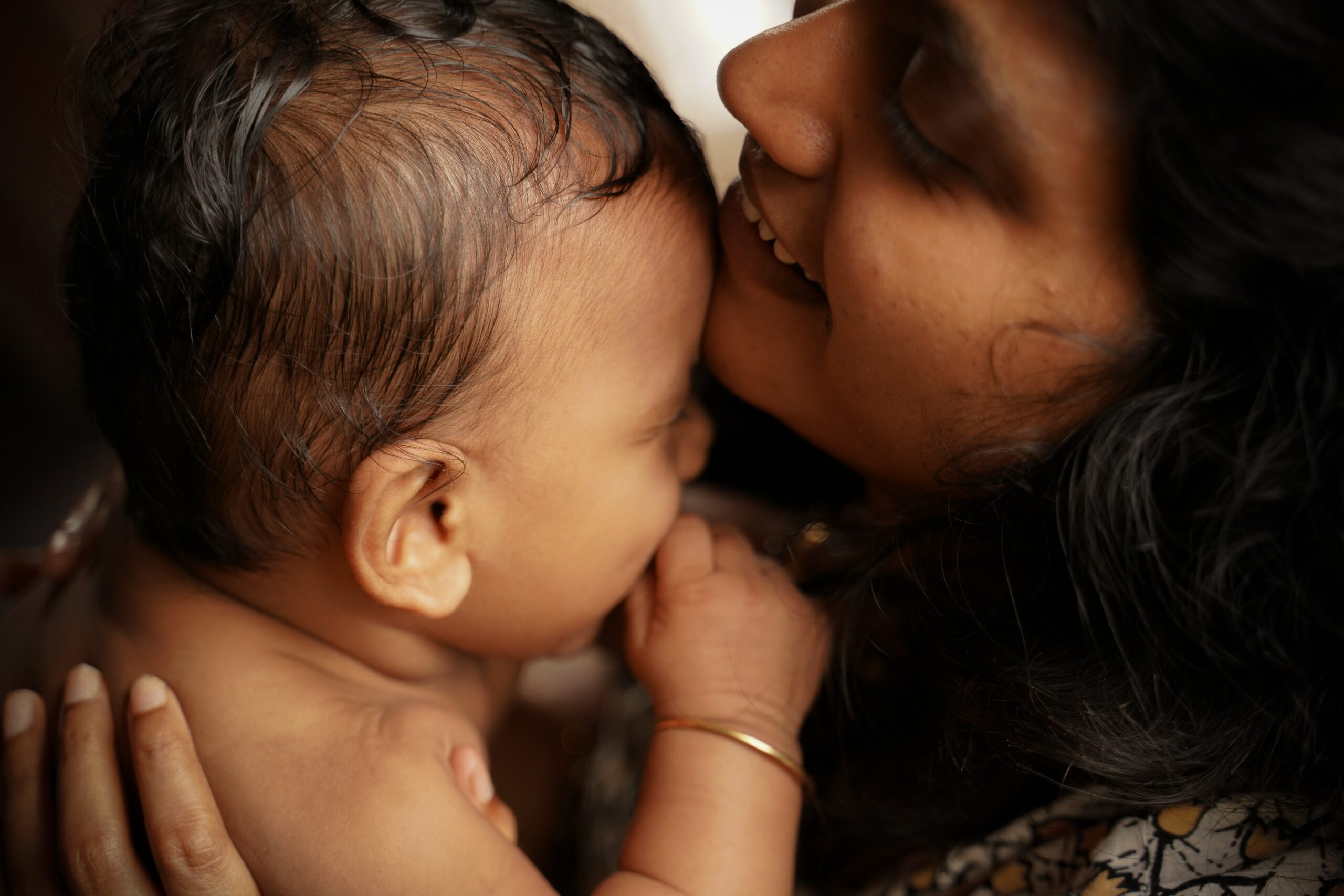(This weekend we continued our series through Matthew 1–2 by looking at the story of the Magi. The following is from that message.)
Many of us are familiar with the story of the Magi coming to visit Jesus at his birth, but rarely do we hear about the slaughter that comes at the end of their story. The birth of Christ is marred by a senseless slaughter of children, as Herod—in one of his maniacal rages—orders all the baby boys under 2 years old in Bethlehem to be killed.
Bethlehem was a small town, so this massacre would have killed about 20–30 babies. In terms of Herod’s other heinous actions, a slaughter of 30 was, sadly, not terribly out of the ordinary. However, for these families it is difficult to imagine anything worse.
But in the midst of their tragedy, Matthew quotes a verse that points toward tremendous hope:
“A voice was heard in Ramah, weeping and loud lamentation, Rachel weeping for her children; she refused to be comforted, because they are no more.” (Matt 2:18)
Matthew is quoting from Jeremiah 31:15, in which Jeremiah laments the deportation of the children of Israel into exile because of their sin. Ramah was a place just north of Jerusalem where Israel’s Babylonian captors sold the Israelites into slavery. It was there that mothers and children were torn apart as they were sold to different people, never to see each other again. So as Jeremiah looks around at the tragedy, he can hear Rachel, a matriarch in Israel, crying from beyond her grave.
Yet in the midst of this unspeakable pain, Jeremiah continues:
“One day your voice will cease its weeping, and your eyes cease from its tears, for . . . (your children) shall come back from the land of the enemy. There is hope for your future, declares the Lord.” (Jer 31:16-17)
What was that hope? God would bring his people back from exile, and he would do it by sending a new, victorious King. He would inaugurate a new covenant, one in which he would change their hearts, reconcile them to each other, and bring peace on earth. Matthew shows us that Jesus is the true return from exile, the deliverance from our bondage to sin and the return from our exile from God.
Then Matthew applies that truth to his situation. On one hand, there is horrible news: children all over Bethlehem have been slaughtered. But at the same time, there is good news. There is hope. A King is born who will conquer death, not cause it. A King who would not exploit others for his purposes, but would pour himself out for them. A King who would reconcile us to himself and to each other. A King who would reverse the curse, bring back the children from exile, and (in the words of Tolkien) “make all the sad things come untrue.”
The good news is that Herod doesn’t get the last word. This new King does.
This past Friday our country witnessed a horrible, unspeakable tragedy. Nearly 30 people murdered, most of them 6- and 7-year-old children. As a father of four, my heart breaks. And I am reminded that there is no answer for such senseless evil except for the cross of Jesus Christ. Evolution rings hollow: “Well, that’s just the way it is. Human nature has evolved with these tendencies and we have to figure out better ways to deal with it… but it’s too bad for those kids–that’s the last word for them.”
The gospel says an emphatic no to that. The Herods of this world—pain, injustice, death—do not get the last word. The new king does. God is going to overturn Herod’s evil with good. And the joy of that final moment will cause the memory of the painful past to dissipate like a wisp of smoke. Death will be swallowed up in victory. God will wipe every tear from our eyes, and there will be no more death or mourning or crying or pain, for the old order of things will pass away (Rev 21:4).
This tragic story shows us that there is hope in the midst of hurt and life in the midst of death because a new king has been born. He is the only answer to such senseless evil. This world is broken, as we learned again on Friday, because of the curse of sin. But a King has been born who is going to bring an end to all that because he bears the curse of sin in our place. And one day he will bring an end to all suffering and put everything right again.
Unto us a child has been born; unto us a Son has been given, and he will save his people from their sin.


